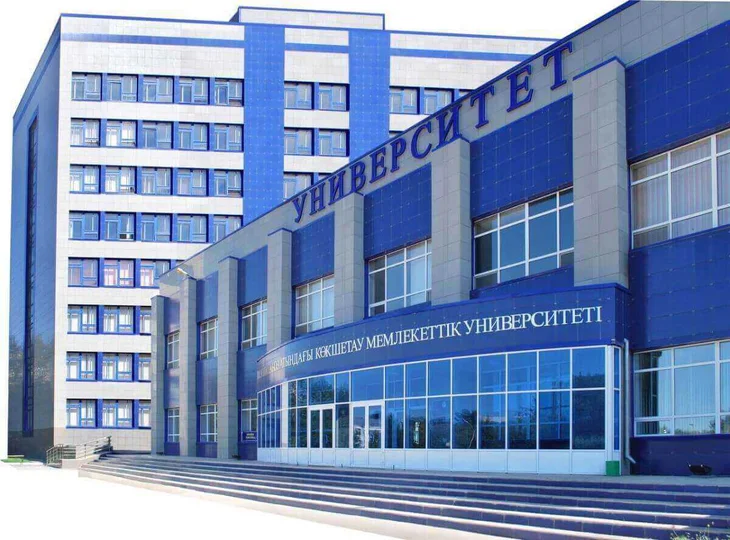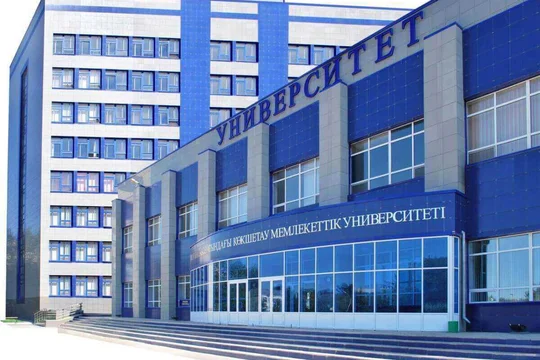Pedagogy of preschool education

Educational program code
7M01201
Language of instruction
Kazakh, Russian
Learning level
Graduate
Duration of study
1-2 year
Objectives of the educational program
- Training of masters who have the competencies necessary for training in the field of pedagogy and methods of primary education at a level recognized by the international community and meeting the needs of the society of the Republic of Kazakhstan at all levels and stages of education, including higher, postgraduate and additional professional education.
- Practical application of the system of psychological and pedagogical knowledge, methods of education and training of younger students.
- The use of innovative techniques and approaches in the organization of the educational process in elementary school.
- Mastering research culture and scientific ethics.
- Scientific foundations of elementary school pedagogy
- Theory and practice of natural science education of primary school students
- Modern problems of science and primary education
- Research practice
- Mathematical education of a younger student
- Philological education of junior schoolchildren
- Acmeology of a primary education teacher
- Theory and Methods of Primary School Teacher Training
- Modern approaches in teaching and educating younger students
- Socialization of a younger student
- Inclusive education and correctional activities with younger students/
- Theory and practice of the development of communicative competencies of a younger student
Learning outcomes and competencies
- Navigate the system of universal human values and take into account their characteristics in various social, national, religious, professional communities and groups in Kazakhstan society.
- Be able to work with colleagues and students in a team, have the skills of sociocultural interaction based on moral and legal norms, be a responsible partner, show respect and trust in them.
- To be able to take a civil position to be able to communicate effectively with others, to convey their thoughts, both in writing and orally.
- Understand the social significance of your future profession.
- The use of information technology in various spheres of life.
- Work on modern means of computer technology, office equipment, communications and communications.
- Be capable of creativity, generating innovative ideas, putting forward independent hypotheses, as well as searching, critical analysis, generalization and systematization of scientific information, setting research goals and choosing the best ways and methods to achieve them.
- Developing new methods of research and making changes to the scientific and scientific-industrial profile of the activity, innovative and scientific-educational activities.
- To carry out self-knowledge, self-development and self-improvement in this area.
- Be able to apply application software and modern methods of information processing.
